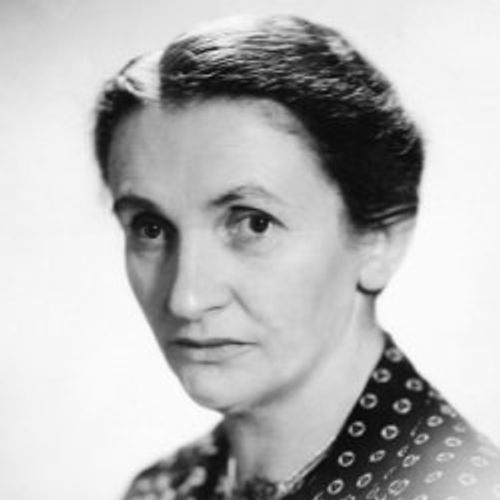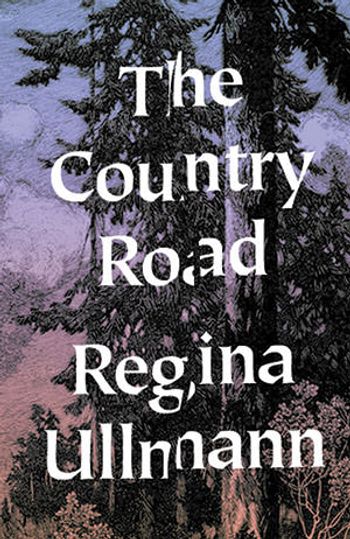Regina Ullmann
Regina Ullmann, considered one of the most important writers of the twentieth century, was known for her honest portrayals of rural peasant life. Ullmann was no stranger to these settings, spending much of her life in Swiss rural landscapes—supplementing her income by basket weaving, beekeeping, and making wax figurines. In 1902 she moved to Munich and became friends with notable avant-garde thinkers and writers such as Thomas Mann, Hans Carossa, and Rainer Maria Rilke. These friendships, and her conversion to Catholicism in 1911, had a significant impact on her writing. Ullmann’s early poems and prose were primarily romantic while her later pieces included more elements of stark realism and piety. While often compared to Robert Walser, Ullmann’s writing was more austere and her characters more grotesque. In 1921 she became famous when she published her collection The Country Road. Following the German occupation of Austria in 1938, Ullmann returned to Switzerland. After a difficult life (“I went by the detour instead of the way”), she died in 1961.

